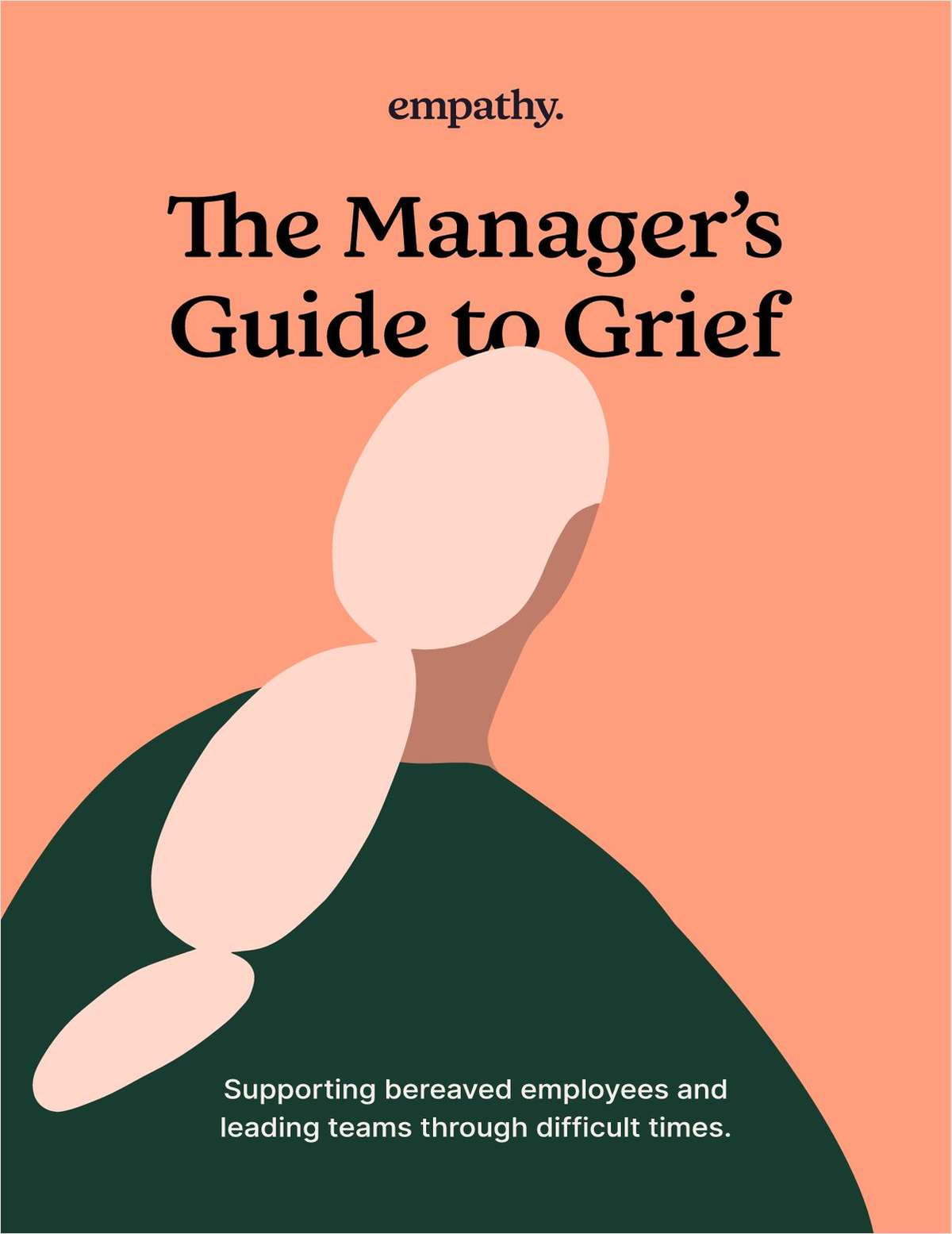ARLINGTON, Va. – The findings of NCUA's Deloitte and Touche study didn't hold any surprises for NASCUS. The study did what NCUA asked the accounting firm to do, said NASCUS officials. "Deloitte and Touche can't be faulted for their study's findings," said NASCUS Chairman James Forney, supervisor of credit unions in Iowa, "The company did the study based on the parameters the agency gave it to work with." Those parameters, of course, were different than those used by NASCUS in its legal study of the overhead transfer rate (CU Times, Oct. 17). That study found, among other things, that NCUA's authority to set the overhead transfer rate is restricted by law. "We knew in advance the Deloitte and Touche research wouldn't ask the questions NASCUS feels need to be asked concerning NCUA's overhead transfer rate methodology because we saw the invitation they sent out to research companies they asked to bid on the project," said NASCUS spokesperson David Morrison. "It's good to hear NCUA is not off the map with how it divides up its time between regulatory and insurance activities, but the Deloitte and Touche study didn't ask the right questions concerning what criteria NCUA uses to determine which of its activities are insurance related and which are regulatory related," Morrison said. NASCUS emphasized that its legal study of the OTR "is not in opposition to the Deloitte and Touche study, we just asked different questions." Forney put it this way: "It all boils down to what is the fair allocation of NCUA's operating expenses to the NCUSIF? If you look at the Deloitte and Touche study from NCUA's framework and their position to use the OTR to fund the agency, they wanted to know if based on the assumption that they have the legal authority to do so, is their percentage based on a reasonable assumption." Forney said he views the various studies that have been done on the OTR by NASCUS, Deloitte and Touche, and Boeing Employees' Credit Union as all being tools that came up with different results "that can lead to a better understanding of the overhead transfer rate, including why and how it's used." He added that, "If we can come to that kind of understanding in the credit union industry and among credit unions and the 48 credit union regulators, then we've reached part of our goal. One thing at least NASCUS and NCUA agree on concerning the OTR is their mutual interest in continuing to have a "meaningful" dialogue on the issue. In his letter to NASCUS President Doug Duerr on the association's legal study on the OTR, NCUA Chairman Dennis Dollar assured him that the NCUA Board "will consider the study, as well as the comments and views of other interested parties, when making its decisions concerning next year's budget and related funding issues." Dollar expressed his appreciation that NASCUS' study "has not questioned the authority of the NCUA Board to allocate an appropriate portion of the agency's operating costs to the Insurance Fund (the so-called `overhead transfer'), and that you have not argued that the Administrative Procedure Act requires notice-and-comment rulemaking in connection with the Board's decision." Dollar, though, took exception to the suggestion in NASCUS' study that "NCUA is `ignoring' limitations of the Federal Credit Union (FCU) Act concerning allocation of agency expenses to the Insurance Fund." The chairman called the OTR process "legally strong and proven successful over 30 years of credit union growth and increased financial stability" and emphasized the NCUA's legal authority for the funding mechanism. "Congress has clearly granted the NCUA Board both the authority and the responsibility" to determine the overhead transfer," stated Dollar. This authority, he added, "does not include any limitations or indications of preference for the extent to which any one of those funding sources may be used." Dollar however did not assert that because NCUA maintains that the OTR is legally supportable, the agency will necessarily keep the OTR at the 66.72% figure the NCUA Board approved for the agency's 2001 budget. He emphasized that, "Because an issue is controversial does not mean that it is not legal." "Although NCUA's critics may strive mightily to reach a different conclusion, it is clear that Congress granted to the NCUA Board the responsibility and the discretion to allocate agency expenses to the NCUSIF, and to make these funding decisions in a manner that is equitable to all insured credit unions. That is what the NCUA Board intends to do. To this end, input from all interested parties in the credit union system is welcome and important." Dollar wrote. The chairman conceded that the OTR issue may have to be decided outside the CU system. "Ultimately, this issue may require adjudication by the courts," said Dollar, "but we are confident of our legal position.it would be a mistake to dismantle a system which has proven to be as successful as this one." Forney and NASCUS Chair-elect Jerrie Lattimore, credit union administrator from North Carolina will be on hand for NCUA's 2002 budget hearing. Lattimore will testify for the association. In her testimony on behalf of NASCUS, she will tell the NCUA to revise the examination format it uses for federal credit unions to assure that the exam reports give adequate information to both NCUA and the NCUSIF. NASCUS will also urge NCUA to, if necessary, work with NASCUS to revise the examination format used by state regulators to also assure that both state regulators and the NCUSIF receive adequate information. – [email protected]
Continue Reading for Free
Register and gain access to:
- Breaking benefits news and analysis, on-site and via our newsletters and custom alerts
- Educational webcasts, white papers, and ebooks from industry thought leaders
- Critical converage of the property casualty insurance and financial advisory markets on our other ALM sites, PropertyCasualty360 and ThinkAdvisor
Already have an account? Sign In Now
© 2024 ALM Global, LLC, All Rights Reserved. Request academic re-use from www.copyright.com. All other uses, submit a request to [email protected]. For more information visit Asset & Logo Licensing.








